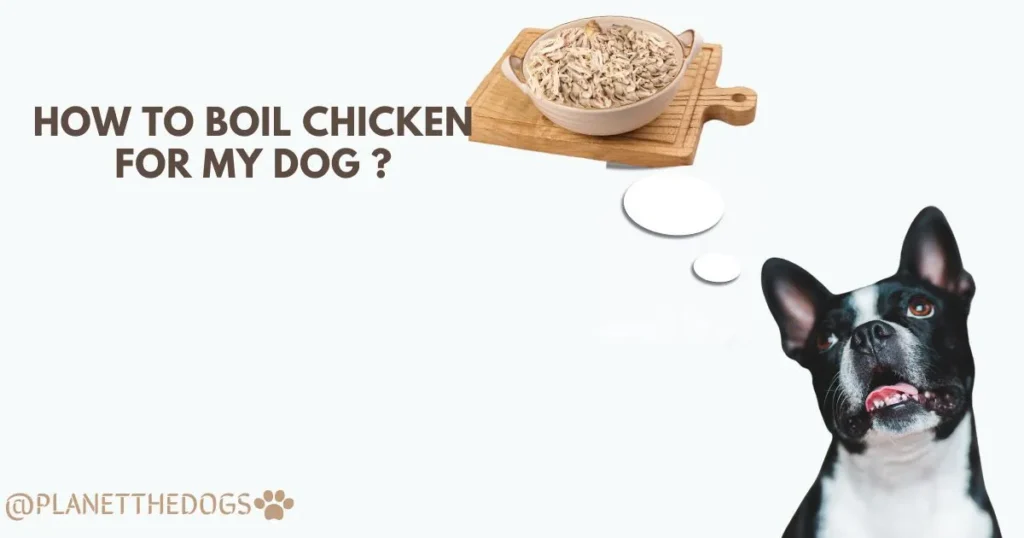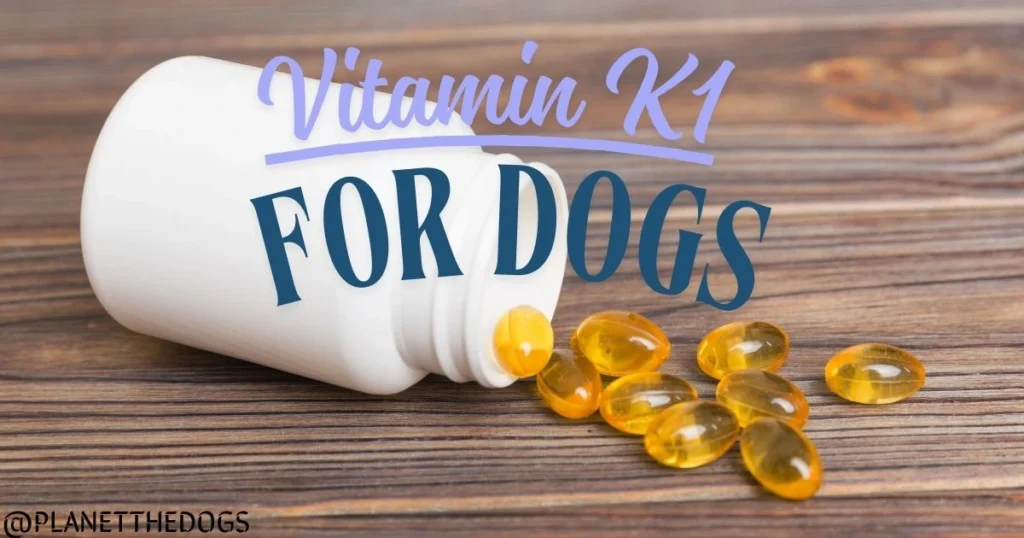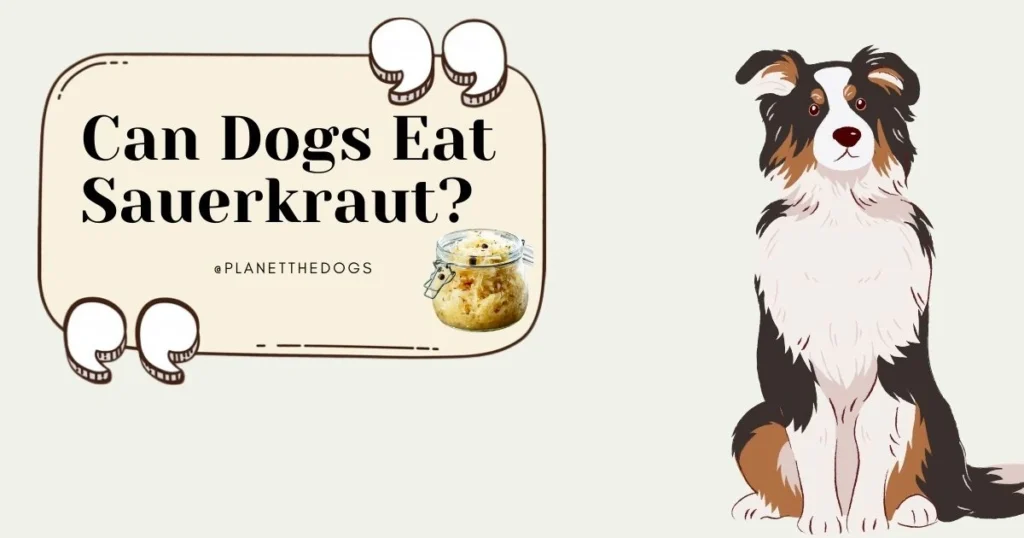Can Dogs Eat Eggshells? Benefits and Safety Tips for Your Pup
Can dogs eat eggshells? Dog owners often look for natural ways to improve their pet’s health. Eggshells might seem like trash, but they could be good for dogs. It’s important to know if they are safe and what benefits they offer.
Eggshells and dogs have a special connection. These shells are full of calcium, which can help dogs a lot. But, it’s not just a simple yes or no answer. It depends on how you prepare them and what your dog needs.
Table of Contents
Key Takeaways
- Eggshells offer a natural source of calcium for dogs
- Proper preparation is crucial for safe consumption
- Consult veterinarians before adding eggshells to dog diets
- Benefits of eggshells include bone and dental health support
- Not all dogs may tolerate eggshell supplements equally
- Grinding eggshells ensures better digestibility
- Quality and cleanliness of eggshells matter significantly
Understanding Eggshells as a Natural Supplement for Dogs
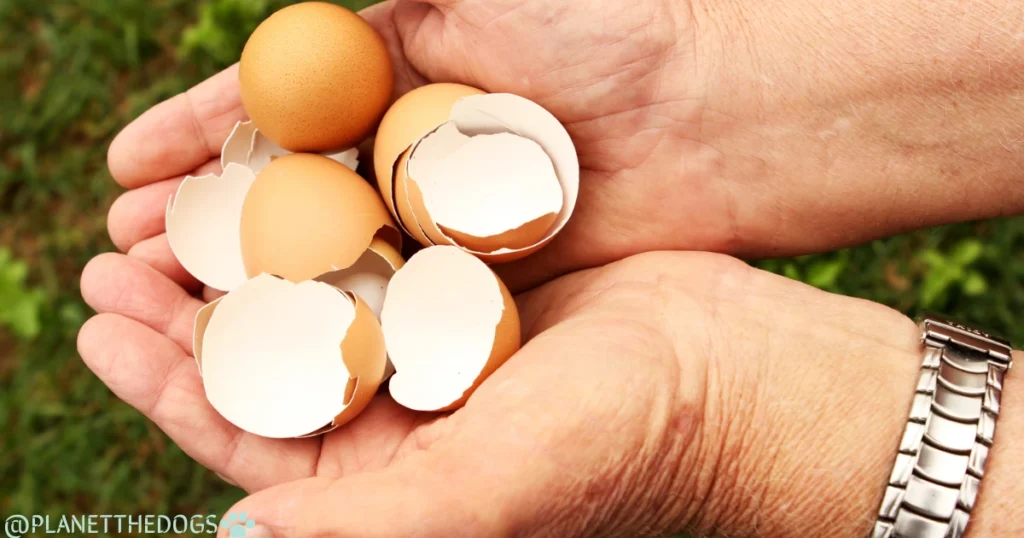
Dog nutrition is all about getting the right nutrients, especially calcium. Eggshells and dog nutrition meet in a unique way. They offer a natural and affordable way to boost a dog’s health.
Nutritional Composition of Eggshells
Eggshells are a great source of natural calcium for dogs. They are full of minerals that help keep dogs healthy. The main parts are:
- Calcium carbonate (about 95%)
- Trace minerals like magnesium and phosphorus
- Protein and amino acids
Role of Calcium in Canine Health
Calcium is key for dogs to have strong bones, teeth, and muscles. Dogs need calcium to:
- Grow strong bones
- Send nerve signals
- Help blood clot
- Make hormones
Natural vs. Commercial Calcium Sources
Eggshells have special benefits compared to commercial calcium:
| Source | Absorption Rate | Cost | Additional Nutrients |
|---|---|---|---|
| Eggshells | High | Low | Mineral-rich |
| Commercial Supplements | Moderate | High | Standardized |
“Nature provides some of the most effective nutritional solutions for our canine companions.” – Veterinary Nutrition Expert
Pet owners looking for a natural calcium supplement should think about eggshells. They are a great choice for a dog’s diet.
Can Dogs Eat Eggshells: Safety and Considerations
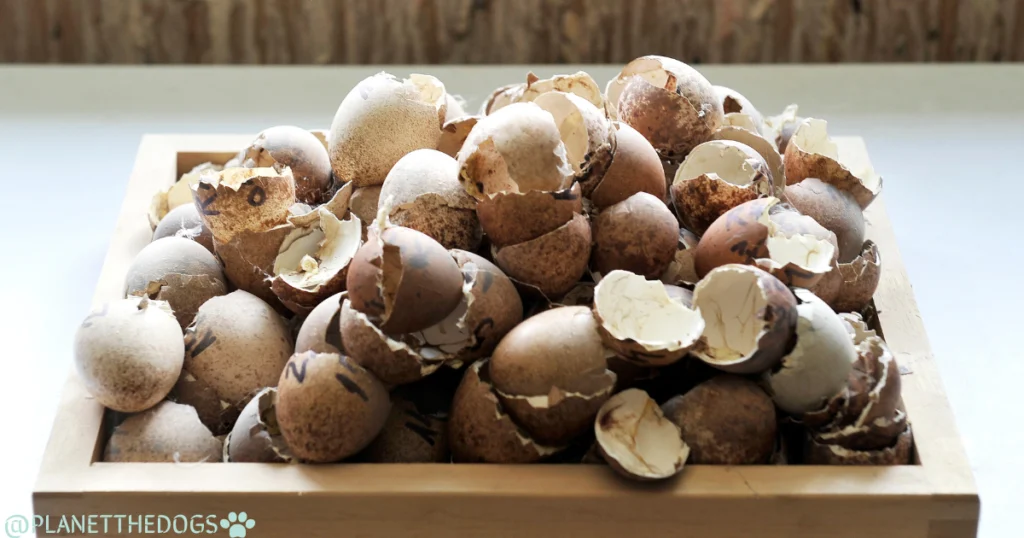
Are eggshells safe for dogs? Many pet owners wonder if they can give their dogs eggshells as a natural treat. It’s important to know the risks and benefits for their pets’ health.
Feeding dogs eggshells involves looking at several safety points. Raw eggshells can be risky for pets, and owners need to think carefully about this.
- Bacterial contamination risks from raw eggs
- Potential choking hazards
- Digestibility concerns
To safely give dogs eggshells, owners must prepare them correctly. Vets suggest cleaning and preparing them in a specific way to avoid health problems.
| Preparation Method | Safety Level | Recommended Action |
|---|---|---|
| Raw Eggshells | High Risk | Not Recommended |
| Cleaned, Boiled Eggshells | Low Risk | Advised with Caution |
| Sterilized, Ground Eggshells | Safest Option | Veterinarian Approved |
“It’s essential to consult your veterinarian before adding any new supplement to your dog’s diet.” – Veterinary Nutrition Experts
To safely add eggshells to your dog’s diet, you need to understand how to prepare them right. Grinding eggshells into a fine powder helps avoid choking and makes them easier to digest.
Dogs with certain health issues or special diets need extra care with eggshell supplements. Since every dog has unique needs, seeking guidance from a vet is vital.
The Benefits of Feeding Eggshells to Dogs
Dog owners looking for natural supplements are finding eggshells to be great. These kitchen scraps are full of calcium, which is good for dogs. They offer many health benefits.
Eggshells are full of nutrients that boost your dog’s health. They are a natural way to keep your dog healthy.
Improved Bone Health and Density
Eggshells are especially good for your dog’s bones. They are rich in calcium carbonate. This helps:
- Strengthen bone structure
- Prevent bone density loss
- Support healthy skeletal growth in puppies
- Reduce risk of age-related bone deterioration
Dental Health Enhancement
Eggshell powder is great for your dog’s teeth. The calcium in it helps:
- Remineralize tooth enamel
- Reduce tartar buildup
- Support overall oral hygiene
Joint Support and Mobility
Eggshells also help with joint health. They are full of minerals. This helps:
- Reduce inflammation
- Improve joint flexibility
- Support cartilage regeneration
“Natural supplements like eggshells can provide holistic nutritional support for dogs of all ages.” – Veterinary Nutrition Expert
Potential Risks and Precautions
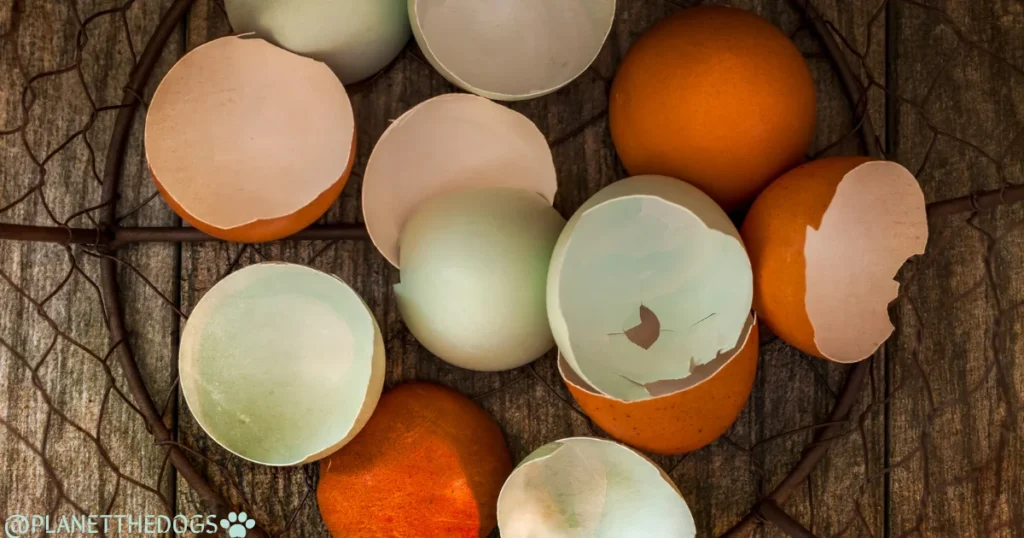
Eggshells can be good for dogs, but owners need to know the risks. It’s important to follow safety guidelines to avoid health problems.
Dogs might have stomach issues if they eat eggshells the wrong way. Raw or dirty eggshells can have harmful bacteria like Salmonella. This can be very dangerous for your pet.
- Risk of bacterial contamination
- Potential digestive system irritation
- Calcium overdose concerns
- Choking hazard from sharp shell fragments
When adding eggshells to your dog’s diet, watch the calcium. Too much calcium can cause bone problems, especially in young puppies and big dogs.
| Risk Factor | Potential Consequence | Prevention Strategy |
|---|---|---|
| Bacterial Contamination | Digestive Illness | Thoroughly clean and bake eggshells |
| Calcium Overload | Skeletal Abnormalities | Consult veterinarian for proper dosage |
| Sharp Fragments | Internal Injury | Grind eggshells into fine powder |
“Always consult with a veterinarian before adding any supplements to your dog’s diet” – Veterinary Nutrition Experts
Can dogs eat eggshells safely? Yes, but only if they’re prepared right and given in small amounts. It’s best to get advice from a vet to make sure your dog stays healthy.
How to Prepare Eggshells for Dog Consumption
Preparing eggshells for dogs needs careful steps and the right techniques. Dog owners should follow specific steps to ensure safety and nutritional value.
Cleaning and Sanitizing Methods
When preparing crushed eggshells for dogs, proper cleaning is crucial. Follow these essential steps:
- Rinse eggshells thoroughly with warm water
- Remove all egg membrane completely
- Boil eggshells for 5 minutes to eliminate potential bacteria
- Drain and let eggshells dry completely
Grinding and Storage Techniques
Creating eggshell powder for dogs involves precise grinding and storage methods:
- Use a clean coffee grinder or food processor
- Grind eggshells into a fine, powdery consistency
- Store in an airtight container
- Keep in a cool, dry place
Proper Dosage Guidelines
Determining the right amount of eggshell supplement is essential for your dog’s health:
| Dog Size | Daily Eggshell Powder Dosage |
|---|---|
| Small Dogs (0-20 lbs) | 1/2 teaspoon per week |
| Medium Dogs (21-50 lbs) | 1 teaspoon per week |
| Large Dogs (51-90 lbs) | 1 1/2 teaspoons per week |
| Giant Dogs (90+ lbs) | 2 teaspoons per week |
Always seek your veterinarian’s guidance before incorporating any supplements into your dog’s diet.
Introducing eggshells into your dog’s diet requires proper preparation and moderation to ensure their safety and benefit.
Signs Your Dog Needs Calcium Supplementation
It’s important to know if your dog lacks calcium. Calcium helps keep bones strong, muscles working right, and teeth healthy. Look for signs that your dog might need calcium supplements.
- Weak or brittle bones
- Muscle tremors and weakness
- Dental problems or tooth decay
- Irregular heart rhythm
- Decreased mobility or joint issues
If your dog shows these signs, they might need more calcium. Always consult a vet before introducing any supplements to your dog’s diet.
| Symptom | Potential Calcium Deficiency Indication |
|---|---|
| Skeletal Weakness | Increased risk of fractures |
| Muscle Tremors | Neurological calcium imbalance |
| Dental Issues | Poor mineral absorption |
Age, breed, and health conditions affect how much calcium a dog needs. Puppies, older dogs, and some breeds need extra care with their diet.
“Early detection of calcium deficiency can prevent long-term health complications in dogs.” – Veterinary Nutrition Experts
Getting advice from a vet is the best way to figure out if your dog needs calcium supplements. You can find more information about calcium and dog nutrition on trusted sites like the American Kennel Club or the Veterinary Partner.
Incorporating Eggshells into Your Dog’s Diet
Pet owners looking to add eggshells to their dog’s diet have many ways to do it. The goal is to find a method that fits your dog’s taste and health needs.
Mixing Methods with Regular Food
Adding eggshells to your dog’s food is easy. Here are some tips:
- Grind eggshells into a fine powder using a coffee grinder
- Add the powder directly to your dog’s regular meals by sprinkling it on top.
- Mix the powder thoroughly to ensure even distribution
- Start with small quantities, about 1/2 teaspoon per 10 pounds of body weight
Alternative Serving Suggestions
Here are some creative ways to serve eggshells to your dog:
- Create homemade treats by mixing eggshell powder with lean meats
- Blend into wet food for increased calcium absorption
- Mix with yogurt or bone broth for added palatability
Pro tip: Always consult your veterinarian before introducing new supplements to ensure proper nutritional balance.
“The key to successful dietary supplementation is patience and careful observation of your dog’s response.” – Veterinary Nutrition Experts
Remember, consistency and moderation are key when adding eggshells to your dog’s diet. Each dog is different, so watch how they react and adjust as needed.
When to Avoid Feeding Eggshells to Dogs
Eggshells can be good for dogs, but there are times when they’re not safe. It’s important for pet owners to know when to keep them away. This ensures their dog stays healthy.
Dogs with certain health issues should not eat eggshells. This includes those with kidney problems, calcium issues, or a history of urinary stones. In these cases, eggshells are usually not recommended.
- Dogs with pre-existing kidney disease
- Canines with calcium metabolism issues
- Pets with a history of urinary tract stones
- Dogs on specific veterinarian-prescribed diets
Some dogs might be allergic to eggshells. Owners should watch how their dog reacts and talk to a vet.
| Health Condition | Eggshell Supplementation Risk |
|---|---|
| Kidney Disease | High Risk |
| Urinary Stone Prone | Moderate Risk |
| Calcium Metabolism Disorders | Significant Risk |
Always get a vet’s advice before adding new foods to your dog’s diet.
“Not all dietary supplements are suitable for every dog. It’s important to consider each dog’s unique health needs.” – Veterinary Nutrition Experts
Other times eggshells might not be good for dogs include digestive issues, post-surgery, or puppies with special needs. Always think about what’s best for your pet’s health.
Conclusion
Deciding if can dogs eat eggshells requires careful consideration of their overall diet. Eggshells for dogs provide more than just calcium, helping them stay healthy naturally and affordably. When properly prepared, eggshells are a great source of essential minerals for dogs.
So, can dogs eat eggshells to improve bone health, teeth, and joints? Yes, they can, but eggshells are not suitable for every dog. It’s crucial to consult a vet before adding eggshells to your dog’s diet. This ensures they are safe and won’t disrupt your dog’s nutrient balance.
Pet owners must be cautious when considering if dogs can eat eggshells. Proper cleaning, grinding, and correct portioning are necessary. Understanding the benefits and risks of eggshells helps owners make informed decisions for their dogs.
Ultimately, a diet that meets your dog’s specific needs is most important. Eggshells for dogs can be a beneficial addition when used wisely and with veterinary guidance. They can enhance your dog’s diet and contribute to overall health.
For more detailed steps on dog nutrition, check out our article on how to balance your dog’s diet.
FAQ
Are eggshells safe for dogs to consume?
Yes, can dogs eat eggshells safely if prepared correctly. They are a rich source of calcium and other minerals. Be sure to clean and grind them properly to avoid any choking hazards or bacterial contamination. Always consult your vet before adding eggshells to your dog’s diet.
How do I prepare eggshells for my dog?
First, wash the eggshells well to get rid of any leftover bits. Then, boil them for 5-10 minutes to kill bacteria. Let them dry completely. Use a coffee grinder or food processor to make them into a fine powder. Sprinkle about 1/2 teaspoon of this powder over your dog’s food for every 10 pounds of their weight.
What are the main benefits of feeding eggshells to dogs?
Eggshells are good for dogs in many ways. They help strengthen bones, teeth, and support joint health. They also provide essential minerals that are good for your dog’s overall health. The calcium in them is especially good for puppies and older dogs.
Can raw eggshells be dangerous for dogs?
Yes, raw eggshells can be risky. They might have harmful bacteria like Salmonella and sharp edges that can hurt your dog inside. Always cook and grind them well before giving them to your dog. This makes the nutrients safe and easy for your dog to digest.
How much eggshell powder should I give my dog?
Start with 1/2 teaspoon of ground eggshell powder for every 10 pounds of your dog’s weight. But, the right amount can vary based on your dog’s needs. Always check with your vet to find out the best amount for your dog.
Are there any dogs who should not eat eggshells?
Some dogs should not have eggshells. This includes dogs with kidney problems, on certain meds, or with health issues that affect calcium. Dogs with allergies or on balanced diets might not need extra calcium.
Can eggshells replace commercial calcium supplements?
Eggshells are a natural source of calcium, but they shouldn’t replace vet-recommended supplements. They can be a good addition to your dog’s diet, but getting professional advice is key. Some dogs might need special calcium supplements based on their health.



